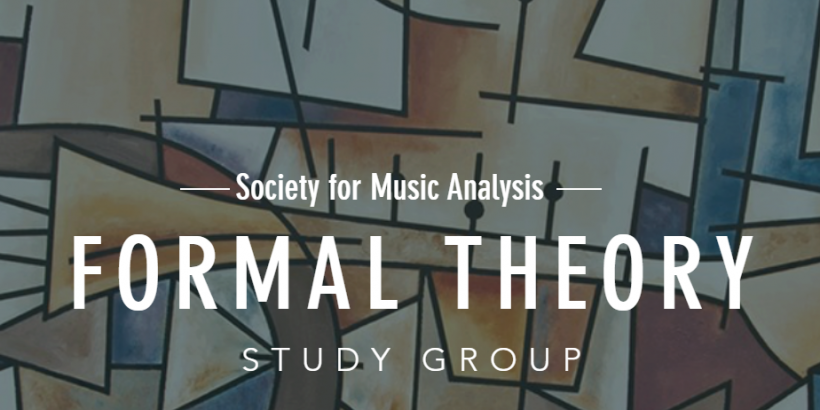Conference Report: International Conference on Musical Form
The International Conference on Musical Form took place on 21-23 June 2021, involving 40 presenters across three days. The conference was originally planned for June 2020 in Newcastle, and while we had hoped that postponing it by a year might have enabled an in-person conference, the ongoing global health crisis necessitated a shift to an entirely online conference.
The conference’s online format nonetheless had the benefit of permitting far more participants, especially given the cost of registration was completely free. In total, 174 people registered for our conference, and individual sessions tended to have an audience of at least 50. It also enabled experimentation with a slightly different format. Because we recognised that many of the conference participants would be attending from different time zones, so they could not necessarily be present at every live session, we asked delegates to record their papers in advance of the conference as videos. We then made these available on a password-protected area of our website so that attendees could watch the papers before the conference began. Live panels held on Zoom during the conference consisted of a five-minute introduction from the delegate, followed by ten minutes of questions. Although this required a little extra preparation from our delegates, we found that this was a successful arrangement because participants could listen to far more papers that they might have otherwise (or ‘binge watch’ as one delegate put it) and have more time to formulate their questions in response. And although many of the conference participants would have surely missed the in-person discussions, fruitful discussions and lasting connections were made during the online coffee breaks between sessions.
One recurring theme during the conference’s three days was reflecting on how we, as music theorists, decide on what music we should study. This was discussed explicitly during the roundtable ‘Formenlehre and Canonicity’, with Janet Schmalfeldt (Tufts University), Peter Smith (University of Notre Dame), Benedict Taylor (University of Edinburgh), and Steven Vande Moortele (University of Toronto). Several papers also considered this theme, if indirectly, by trying alternative approaches to repertoire selection. Beate Kutschke (University of Salzburg) demonstrated how computer-assisted music analysis can be used to examine a large repertoire of eighteenth-century popular music, while David Heetderks (University of North Texas) turned to the BillBoard Top 10 for his study of 1960s popular song.
Our two excellent keynote papers took a similarly broad approach in their choice of repertoire, while addressing underexamined aspects of nineteenth-century form. Steven Vande Moortele (University of Toronto) problematised the concepts of the Type 2 Sonata and reversed recapitulations when analysing nineteenth-century sonata form, drawing on better- and lesser-known examples by Mendelssohn, Schumann, Martucci, and Hummel. Meanwhile, Janet Schmalfeldt’s (Tufts University) keynote encompassed works by Beethoven, Schubert, Hensel, Schumann, Mendelssohn, Wagner, and Brahms to demonstrate the ascendency of the subdominant in early nineteenth-century Austro-German music.
Several papers also built upon current debates surrounding the analysis of nineteenth-century music. In particular, the panel ‘Beethoven and the Romantic Generation’ stimulated wide-ranging discussion, with papers by Julian Horton (Durham University), Caitlin Martinkus (Virginia Tech) and Matthew Poon (University of Toronto). Further papers on the analysis of nineteenth-century music by Bryan Whitelaw (University of Belfast) and Dan Deutsch (The Hebrew University of Jerusalem) also challenged assumptions on the nature of Romantic form.
While there have been substantial developments in the theory of musical form in the past several decades, the breadth of papers presented highlighted how much remains to be discovered. The conference organisers were extremely pleased with the high level of papers. We are grateful for the time delegates spent on preparing their video presentations in advance of the conference, and for thoughtful questions posed by participants during the live conference. Our thanks also extend to the Royal Musical Association, Society for Music Analysis and Music & Letters Trust, whose financial support enabled us to make the conference free to attend. We would also like to thank the Department of Music at Durham University for hosting the event.
Hazel Rowland holds a teaching and research fellowship with the Musikwissenschaftliches Institut at the University of Tübingen

